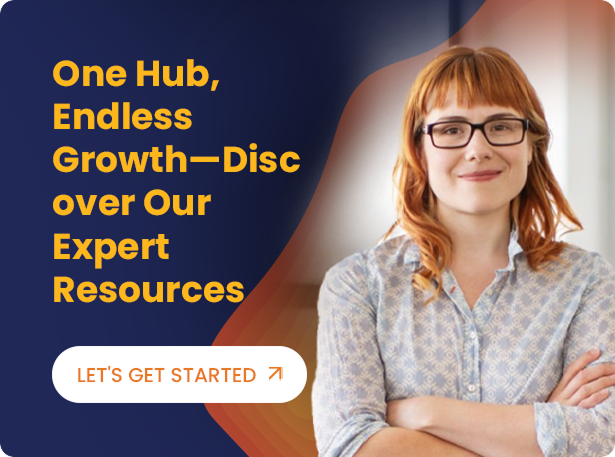Emailers have been a favorite tool of marketers. But in recent years, with inboxes getting clogged by more and more promotional mailers, they may be losing their effectiveness. In fact, with fewer respondents checking their work and personal email than last year (down 17% and 25% per week respectively) and 35% of personal emails going unopened by consumers, as shown in a study done by Adobe amongst European consumers, the need to supplement emailers with other marketing tools has never been more important.
Here are a few that we thought would be of interest to marketers:
Website Personalization
Website personalization is the real-time customization of a website based on each customer’s journey and persona. It is a great way to enhance customer experience.
According to a study done by Researchscape, 89% of U.S. marketers said that personalization on their websites or apps resulted in an increase in revenue.
Since 2013, Amazon has been using its personalization algorithm to customize its site. So has Netflix.
Website personalization is driven by big data and AI. There are many web personalization tools available today that make it easier for marketers to adopt the technology. Examples include Evergage, Marketo, Optimizely, Granify, and Maxymiser.
Product Reviews
Comments and suggestions from real customers are better received than generic content. In a study done by Elon University, 65% of consumers said they trust information that other consumers generate more than advertising done by the actual producers. In fact, half of adults under 50 in the US routinely check online reviews before buying new items.
As a marketer, to create authenticity for your brand and to increase engagement with consumers, you can routinely ask customers to write a review or share a comment on your product or service for posting on your website, or on your social media pages. We believe you should also actively listen in and respond to what they are saying elsewhere.
Webinars
In a study done by the Content Marketing Institute in North America, 55% of marketers surveyed said they use webinars/webcasts/virtual events to distribute content for content marketing purposes.
A webinar is a great engagement tool as it’s both live and interactive. Webinars can provide you with quality leads. Besides, the webinar attendee’s registration information also allows you to create data that the sales team can use to provide personalized outreach to potential customers.
An important thing to remember with webinars is that your audience needs to get value out of the time that they spend with you. An effective webinar will be one that addresses their problems and provides them with a solution. At the same time, you need to be able to promote your product as well without making it the focal point of your presentation. Positioning your brand as an expert in a particular field can help in creating a thought leadership perspective for the listener.
Videos
According to Cisco, video traffic will be 82% of all consumer internet traffic by 2021. That’s data no marketer can afford to ignore.
Video is a powerful medium to tell a story. It’s one of the most consumed and shared content format today. But given the large number of videos in circulation, for their content to be effective, you must ensure it captivates your audience.
Jordan Winery is an example of a company that uses videos extensively to tell a story and engage with its audience.
A big advantage with video content is that you can measure its performance, be it the click-through rate, the number of times the video was watched, or the point in the video at which viewership dropped. With all this information, you can learn what’s working and what’s not, and be able to revise your content accordingly.
In order to reach out to customers it is important for marketers to focus on the platforms where they can find them. With video, it is important to remember that throughout the day customers will shift from device to device. Brands need to be able to customize their video marketing messages across all devices.
Podcasts
At the end of 2016 more than 57 million Americans were listening to podcasts on a monthly basis.
A well-produced podcast is inexpensive to create and easy to consume and can be a great tool to connect with your audience. Provided the content is relevant, you can choose to use the content in a podcast for other marketing purposes as well.
A podcast is a good medium to have meaningful conversations with experts from any field that has a bearing on your business. As with any marketing strategy, consistency is the key to success. Maintaining a schedule in releasing podcasts can help your listeners know when to look forward to the next one.
For many marketers, the challenge with one-to-many marketing is to make the engagement seem less impersonal and distant. Here it is important to remember that any form of personalization, no matter how small, shows your customers that you are paying attention to them.






